Pedro Benedetti interviews Lucy Grig about her book Popular Culture and the End of Antiquity in Southern Gaul. Watch the interview here
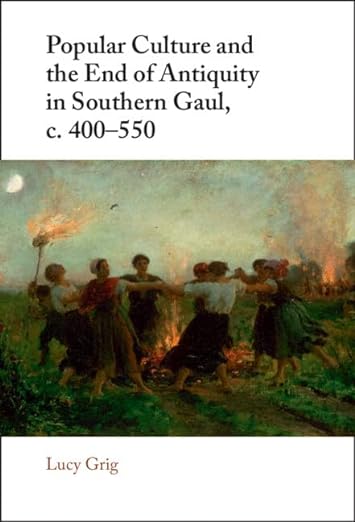

Pedro Benedetti interviews Lucy Grig about her book Popular Culture and the End of Antiquity in Southern Gaul. Watch the interview here
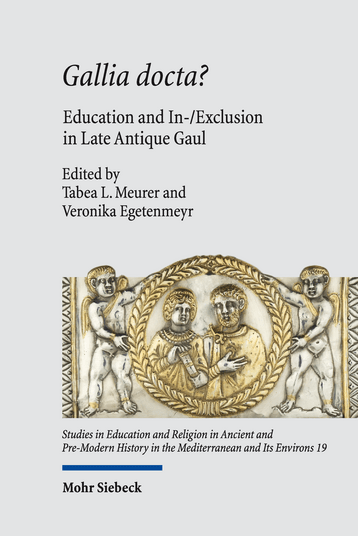
Carlo Ferrari reviews Tabea L. Meurer & Veronika Egetenmeyr (eds): Gallia docta? Education and In-/Exclusion in Late Antique Gaul, in Sehepunkte 24 (2024) no. 7, 8.’
‘Ten years after the release of Steffen Diefenbach and Gernot Michael Müller’s pivotal work, Gallien in Spätantike und Frühmittelalter, this new volume serves as an important resource for expanding our understanding of a region central to the cultural history of the late Roman Empire and early Middle Ages. While much of the volume understandably focuses on Sidonius’ literary production, it successfully offers a highly original and comprehensive view of Gallic society during a time of significant transformation, highlighting the strategies of inclusion and exclusion prompted by the emergence of new communities and the spread of Christianity, and going beyond the traditional barbarian/Roman and pagan/Christian dichotomies.
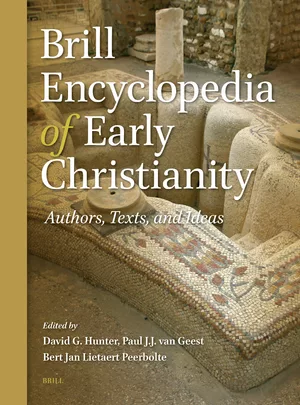
The print edition of The Brill Encyclopedia of Early Christianity, edited by David G. Hunter, Paul van Geest and Bert Jan Lietaert Peerbolte, is being published in six volumes during July and August.
Ralph Mathisen wrote the entry Sidonius Apollinaris.
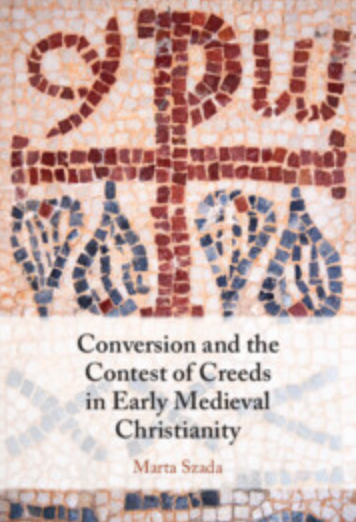
Marta Szada’s book Conversion and the Contest of Creeds in Early Medieval Christianity (Cambridge, 2024) contains a chapter on ‘The Religious Controversies in Gaul and Hispania before the Goths’ (pp. 169-87).
This chapter analyses how the re-emergence of Homoianism among the Visigoths, Vandals, and Suevi was interpreted in the Nicene church in Gaul and Spain and what this reception reveals about Nicene–Homoian relations in the region in the fifth century. It also examines the evidence for the development of the Homoian Church and the increase in the number of Homoians.
Tags include Sidonius Apollinaris.
Link to the item in CUP’s catalogue.

Florica Bohîlţea-Mihuţ, ‘Classical Authors in Sidonius Apollinaris’ Letters’, Classica et Christiana 19 (2024) 389-99.
Open Access: issue online
Contrary to what the title suggests, this article discusses the use of colour in Sidonius.
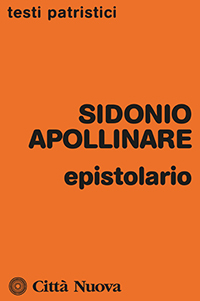
Nelu Zugravu reviews Patrizia Mascoli’s 2021 translation of the correspondence in Studii Clasice 51-52 (2022-2023) 298-301.
‘Un’edizione … meritoria e di reale importanza per la cultura italiana e universale.’
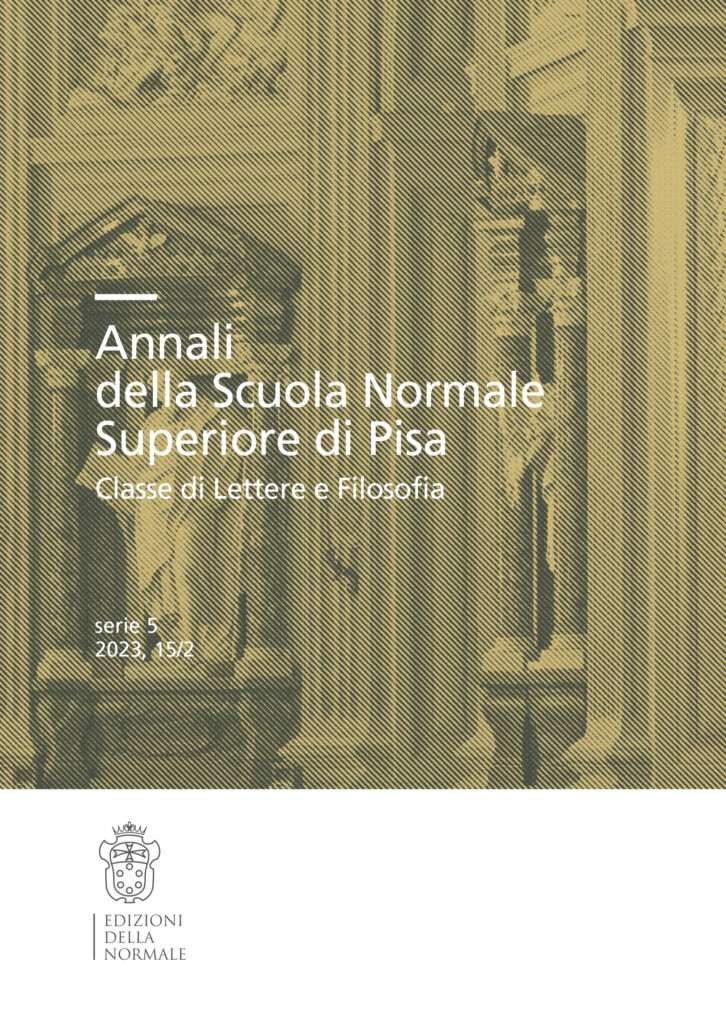
Céline Urlacher-Becht published the article ‘“Gaule” et “Italie” dans les épîtres de la fin Ve-début VIe siècle: stratégies littéraires et enjeux identitaires’ in Annali della Scuola Normale Superiore di Pisa s. 5, 15/2 (2023) 309-53. Pages 312-19 bear on Ep. 1.5.
Here goes to the open access publication.
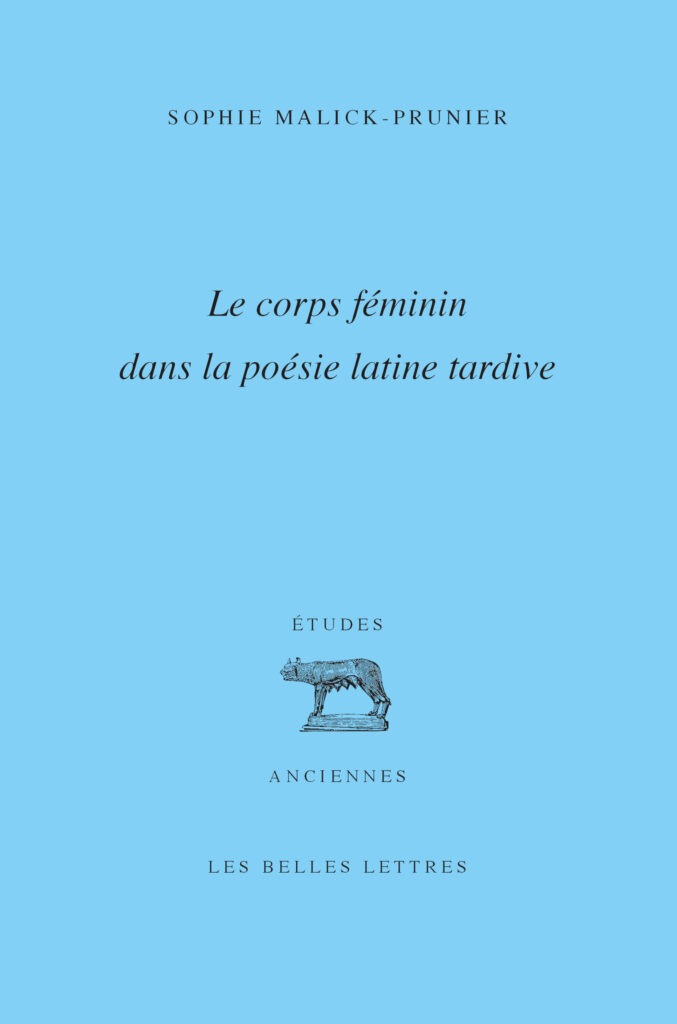
Now in open access: Sophie Malick-Prunier, Le corps féminin dans la poésie latine tardive, Paris: Les Belles Lettres, 2011. Features a chapter titled ‘Tradition et renouveau dans les épithalames de Sidoine Apollinaire’
Go to catalogue open access
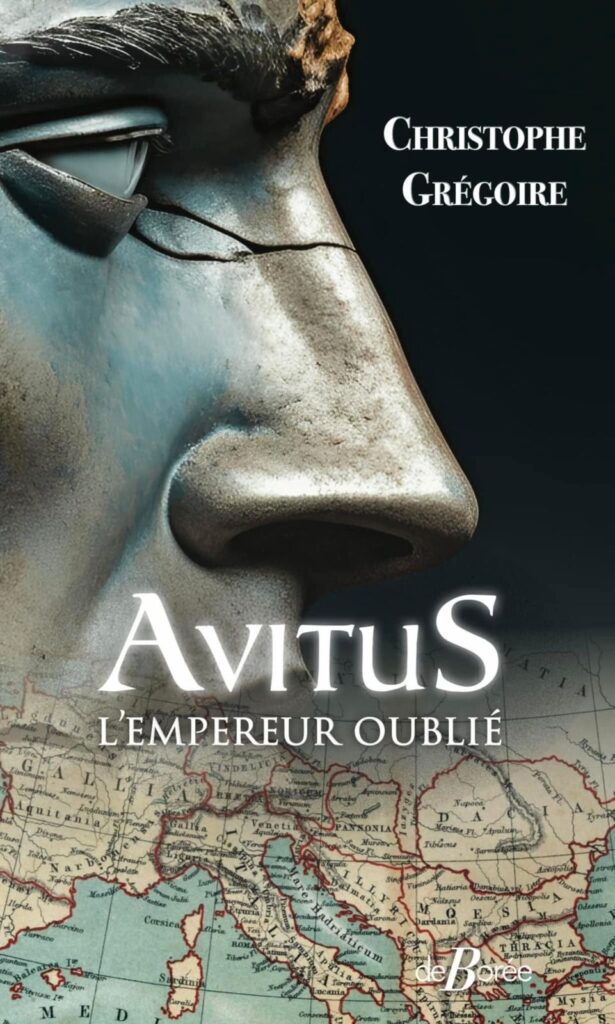
Christophe Grégoire wrote a novel about Avitus: Avitus, l’empereur oublié, Clermont-Ferrand: De Borée.
View catalogue entry
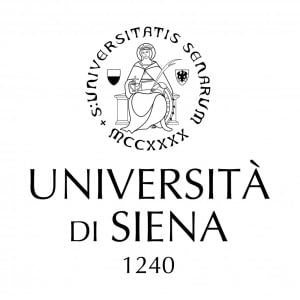
Stefania Santelia on ‘Raccontarsi nei carmina: Sidonio e il tempo della ‘tenera giovinezza” is among the speakers of the upcoming workshop on Late Antique Latin Autobiographies, 13-14 June at the University of Siena.
This is an in-person only event. To attend, please email to filomena.giannotti AT unisi.it by 13 May.
PROGRAMME (Source Classicists List)
Forms of Autobiography in Late Latin Literature
Thursday 13 June
WELCOME AND OPENING REMARKS
15:00-15:15 Alessandro Fo (Siena University)
15:15-15:45 Filomena Giannotti (Siena University), Presentation of the Website LALAB – Late Antique Latin Autobiographies
KEYNOTE SPEECH
15:45-16:15 Roy Gibson (Durham University), Autobiographical Elements in Printed Editions of Late Antique Latin Letter Collections
COFFEE BREAK
SESSION I
The Great Latin Fathers of the Church – chair Silvia Mattiacci
16:45-17:15 Daniele Di Rienzo (Federico II University of Naples), Lacrimaui ergo, fateor, etiam ego: elementi autobiografici nel De excessu fratris di Ambrogio
17:15-17:45 Leopoldo Gamberale (Sapienza University of Rome), Dal sogno alla realtà. Spunti di autobiografia intellettuale in Gerolamo
17:45-18:15 Fabio Gasti (Pavia University), Esperienza di sé e scrittura: le Retractationes di Agostino
DISCUSSION
DINNER
Friday 14 June
SESSION II
Pagan Poetry – chair Leopoldo Gamberale
9:00-9:30 Angelo Luceri (Roma Tre University): Carmina sola loquor: Claudiano e l’autorappresentazione di sé come poeta
9:30-10:00 Silvia Mattiacci (Siena University): L’Ephemeris di Ausonio e l’autobiografia del quotidiano: riflessioni a partire da un’analisi del carme 1
10:00-10:30 Stefania Santelia (Bari University), Raccontarsi nei carmina: Sidonio e il tempo della ‘tenera giovinezza’
COFFEE BREAK
11:00-11:30 Rocco Schembra (Torino University), Gli Itineraria ad loca sancta di età tardoantica: un genere in costruzione tra resoconto di viaggio e autobiografia. Il caso di Egeria
DISCUSSION
LUNCH
SESSION III
Christian Poetry – chair Fabio Gasti
15:00-15:30 Francesco Lubian (Padova University), In te compositae mihi fixa sit anchora uitae: autobiografia (e agiografia) nei Natalicia di Paolino di Nola
15:30-16:00 Antonella Bruzzone (Sassari University): Lettere dal carcere. Spazi di autobiografia nella poesia di Draconzio
16:00-16:30 Silvia Condorelli (Messina University): Ego Fortunatus amore (Ven. Fort. carm. 2, 16, 165): autorappresentazione di Venanzio Fortunato, poeta elegiaco cristiano
DISCUSSION
COFFEE BREAK
ROUNDTABLE
Existential Trauma and Thanksgivings to God – chair Daniele Di Rienzo
17:30-18:30 Elena Castelnuovo (Trento University), Il caso dell’Eucharisticos di Paolino di Pella
Noelia Bernabeu Torreblanca (Salamanca University): Il caso della Confessio di Patrizio d’Irlanda
CLOSING REMARKS by the Organizers
DINNER
Scientific and organizing Committee: Daniele Di Rienzo, Alessandro Fo, Filomena Giannotti, Silvia Mattiacci